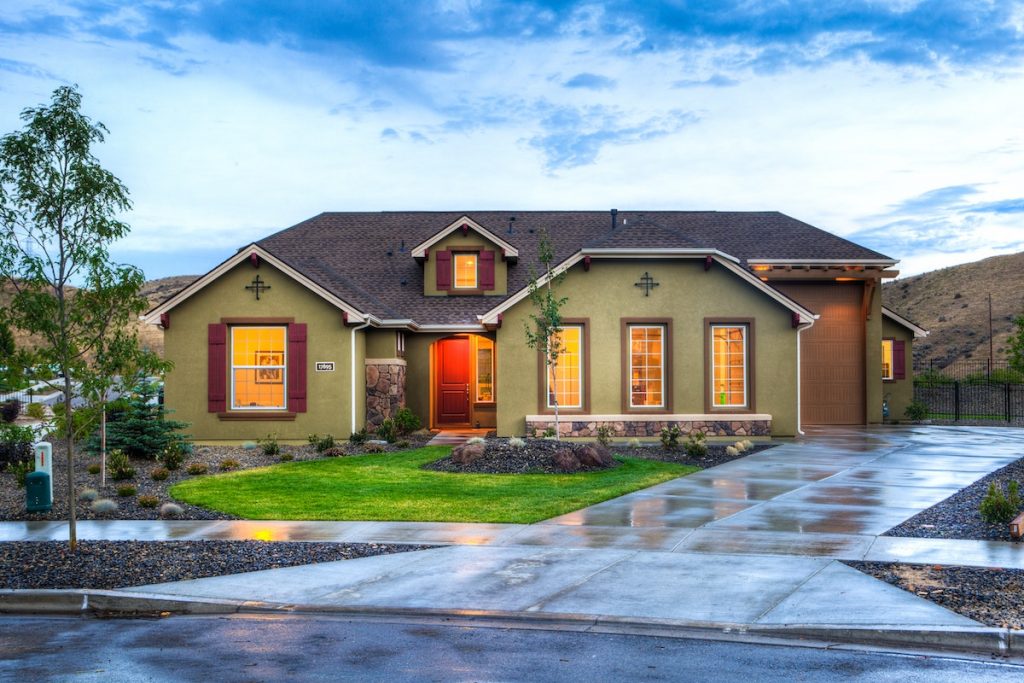When you need more space in your home (perhaps because of an addition to the family or the kids growing up), moving to a bigger house might not be a feasible option. Aside from the costs, there’s the hassle of paperwork, the moving process, and, of course, uprooting the entire family.
If you don’t want to deal with all of that, the next best option is to extend your home. However, since a home extension is a significant type of construction, here are some things you should expect:
1. It can be expensive
Just like new-build properties, constructing a whole new room from scratch does not come cheap. The average cost of a home extension can range between $20,000 to $70,000, depending on the type of room it is and its design.
A home extension is a significant investment. Before you start planning, set a realistic budget to work with. Moreover, you should also be prepared for any unexpected costs and ensure that you won’t be house-poor after the construction is done.
2. Construction is going to disrupt your home life
Having a construction team working on your property is going to cause some disruption in your home. There’s going to be dust, noise, blocked access to certain areas of the house, and people going in and out of your property. That said, you should prepare your family accordingly. If you can’t live beside a construction site, it is best to find another place to stay until the project is finished, especially if you have small kids and pets.
Similarly, you might have to reschedule some of your plans, such as upcoming birthday parties, family visits, and other activities that have to be done somewhere else while construction is ongoing.
3. There are a lot of hoops to go through

Before you can start construction, you have to seek approval from the local council. Check with your local office regarding the process. But in general, you would have to secure detailed plans, building certifications, and building regulations approval, among other requirements.
4. You have to give your neighbors a heads-up
Some states require you to inform your neighbors before starting construction. Even if you are not required to, it’s a social courtesy to give your neighbors a heads-up about your construction plans. They might have issues with your construction design if it affects their property, so talking it over before starting construction is the best way to avoid future conflict.
5. Picking a builder is easier said than done
Since you are putting a lot of money into this project, it’s only natural to want the right people to do it. Finding a perfect builder can be more complicated than it seems. There are a lot of factors that you have to consider, such as cost, experience, skills, and specializations. Hence, it’s wise to spend at least a few weeks mulling over the decision.
An extension is one of the best renovations that you can do for your home, but it can also be the most tedious. Thus, if you are planning to extend your home, it’s best to know what to expect and be prepared for all possible hurdles that you can encounter.

